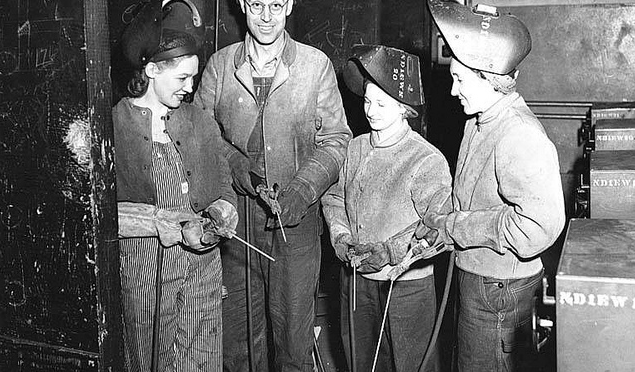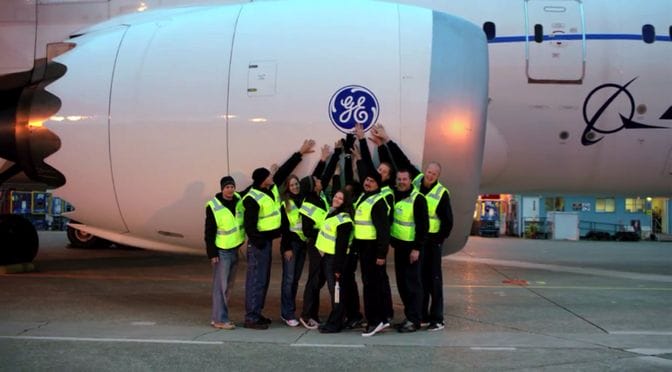
In a post from last week we introduced the history of the Workers’ Compensation System and asked the question: Should taxpayer money continue to be used to support the government system that allows these cases to be brought?
A growing number of employers in Washington State are taking part in the RETRO Program, a system within the system, designed with the good intention of incentivizing safer workplaces. Employers that participate in this program pay into the system according to the risk classes of their employees, as usual, but the actual costs of their claims are tracked and compared to the amount of the premiums paid. When the amount paid in claim costs exceeds the premiums paid, the employer is assessed an extra fee. If the claim costs are less than the premiums paid, a refund of the difference is returned to the employer. On the face of it, this seems reasonable, unless we look back to my bridge analogy from last week’s post:
When a bridge is needed in Seattle, those in Yakima don’t want to pay for it, even though our entire highway system supports tourism and commerce throughout the state. So, we have an insufficient tolling system in place based on the concept that only those citizens that drive on the bridge should have to pay for it.
The burden of injury and disability claims is greater on an individual employer than if the responsibility for the costs is shared.
Instead of incentivizing a safe work place we are now incentivizing denials of claims, denial of authorization for medical procedures such as MRI scans, and strict limitations on conservative care such as physical therapy. This creates a dynamic where Claims Managers at the Department of Labor and Industries are pinned between the interests of injured workers seeking benefits and employers counting pennies.
Caught in the middle of the storm, the easy decision for a Claims Manager is to deny benefits and let the issues be sorted out through the appeals process. This leads to delays in treatment, financial hardship and unfair costs to the injured worker, who remains responsible for the cost of attorney fees in litigation, whether they win or lose, when the employers have the ability to deduct the cost of legal fees as a business expense no matter the outcome. The practical effect of this increasing determination to cut every possible cost is that small issues are now routinely raised before the Board of Industrial Insurance Appeals.
We are involved in cases before the Board where the fight is over a few hundred dollars of compensation, or authorization for a procedure or surgery. Do we really want an industrial appeals judge to decide whether a procedure is reasonable and necessary treatment? Especially when there are utilization review processes already in place to monitor the use of those resources and Claims Managers hired to administer the claims, asking workers to bear the burden of an appeal process to get their MRI scan or to keep $300 in time loss compensation paid during the few days between the doctor mailing a release to work to the Department and the Claims Manager reading the note, often when the worker had not been notified of their release, is unreasonable and it is certainly a waste of resources.
More is spent fighting each claim than would be expended simply providing the worker with the benefit. But, providing the benefit comes out of the “claims cost” column, reducing the possible rebate amount, instead of under the “legal fees” tax deduction column.
Another effect of this new dynamic is that physicians are fleeing workers’ compensation claims like rats from the sinking ship. Doctors and clinics that are already working under the administrative burden of a plethora of insurance systems – – federal, state and corporate-run – – all with differing requirements and payment schedules, now find their every recommendation questioned and scrutinized, with payment delayed or denied. If an appeal process is followed, the doctors are asked to take time out of their packed schedules to write reports or testify at hearing or by deposition to justify their opinions, actions and recommendations. Patients have limited access to care or become frustrated when their doctors refuse to participate in the processing of their claims.
For more on the RETRO program, check in for part 3 of this series later this week.


















